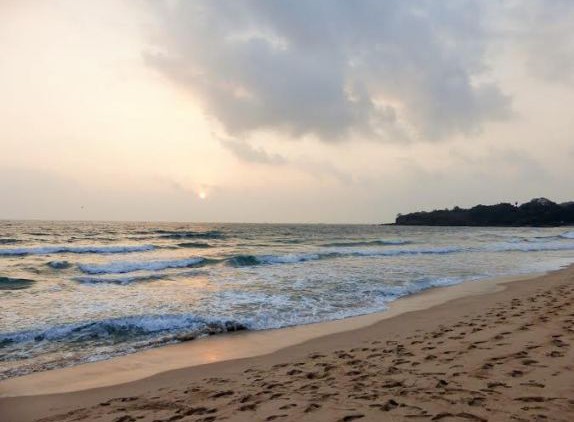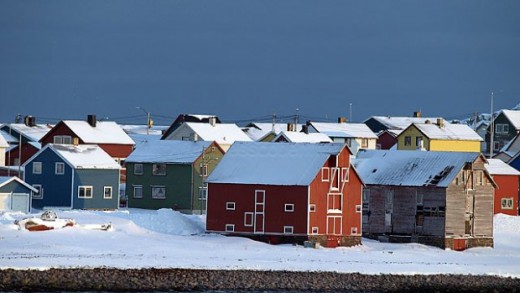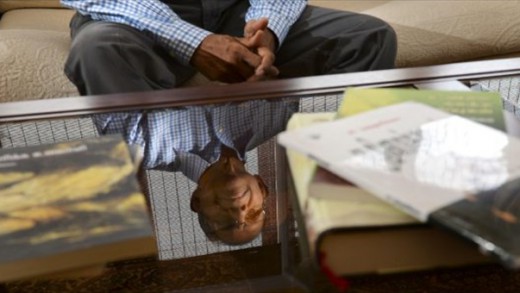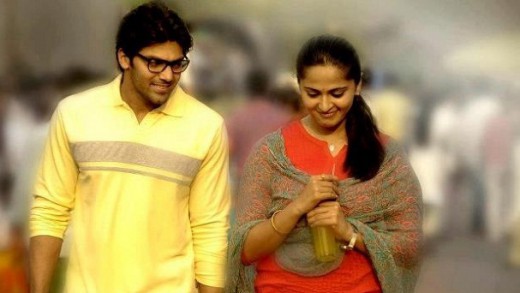Lodged somewhere in a crease between memory and forgetting is my stillborn Sri Lanka. I have it embalmed in a jar filled with nostalgia, faded photographs, and all the shattered verses in my heart that lament for the red earth and pouring rains of Jaffna. Every so often, I take out my jar and carefully study it under the dim moonlight of my emotions where reality and imagination dissolve each other.
There is one memory so vivid that I no longer know if it is real or created in absentia. I am four years old sitting in a relative’s house along K.K.S. Road and the plaintive call of Ilaiyaraaja’s “ராசாத்தி உன்னகாணாத நெஞ்சு காத்தாடி போலாடுது” (My darling, the heart that has not seen you dances aimlessly as a kite) cools me in the heat of the mid-afternoon sun. I did not understand the words back then but the melody has buried itself deep in my memory. Years later, returning for the first time in 2003 and turning into my grandfather’s lane, I can barely hear the auto-rickshaw driver above the song pressing against the insides of my head. Even now, the slightest tune, accent and smell that reminds me of Jaffna uncloses me, perhaps much too easily according to some friends who I know are also hurting even if our reasons differ.
Tonight especially, my memory is like the moon, “…full and bright, so bright you can see all its scars.”

My remembering does not begin on May 18 when one man died or on May 19 when another man declared “victory”. 5 years and too many decades later, my own remembrance begins today instead, on May 20 – the first day after – when the crowds have dispersed, parades have ended, flags of all colours have been put away, banners rolled up again, the social media chatter has started to die down, galas and dinner-dances resume, and many in Sri Lanka have moved on ignoring the fact that while we may be a united country, we still remain a divided people despite the bright paint and smooth roads of the Northern Spring.
Today, I remember those lives lost on that damned beach and the tens of thousands of more lives lost over the years in lanes, fields, streets, lagoons, mosques, churches, trains and bus stations. I make myself remember even those who died still clothed in their skins of lions and tigers, and recall that it was also on this land that chivalrous kings once built lasting edifices commemorating the valour of the kings they defeated in battle. I do not have any words for the dead, only prayers that I offer in the Hindu kovils and Buddhist temples that I pass through in Southeast Asia, ironically during this of all months. I know words will not resurrect them but I hope my prayers will help their souls find some rest. I prostrate before the Buddha praying that He helps us conquer the many Maras that still run amok in our hearts and minds so that the Earth can bear witness to an empathetic, truthful, just and enlightened Sri Lanka in my lifetime.
Today, I also remember my responsibility towards the living – those survivors of a genocide – who continue to suffer grave injustices to their life, liberty and dignity. I remember the young men and women in Vavuniya and Kandy who have traded guns and cyanide capsules for pens and poems and struggle to pursue their dreams to get a university education; female heads of shattered households in Jaffna who drive auto-rickshaws to educate their children; widows in Kilinochchi who bravely organize themselves despite threats and surveillance; students in Mullaitivu whose smiles hide scars of war that are not always visible; the hardworking father living in a shack in Mullivaaikal who tells me with shining eyes that his daughter has taught him to finally read; former female rebel cadres, twice forsaken by those they fought against and those they fought for; illiterate and widowed sisters in Muttur prostituting themselves to support their children and their alcoholism; young wives looking for missing husbands; farmers who fight for rights to the land of their forefathers; and mothers, so many mothers from all over the country still looking for missing sons.
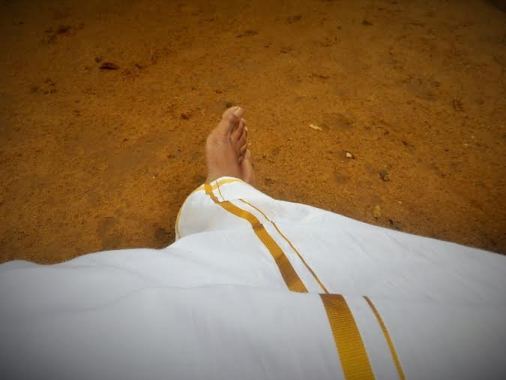
In remembering those who are alive, I also catch the briefest glimpse of the dignified, autonomous future that is possible for them. I recognize that anything that can be done to help them, no matter how small the gesture is or whatever cynicism or criticism that one is rewarded with in return, is needed now more so than ever before. I read somewhere once that a society is judged by how it treats its most vulnerable members. To protect our most vulnerable citizens in Sri Lanka, then, is a duty that we have not only to them but also to each other. It is that duty that makes me a Muslim when mosques are attacked, a Sinhalese when disempowered citizens in the rural west lose their lives fighting big businesses and the state to simply access clean water, a Christian when churches are vandalized, and a student when poor students are arrested and taken away for demanding more financial aid.
It is this same duty that also makes all of us Tamils now regardless of where in Sri Lanka we were born, what language we speak, and what faith we practice. In the end, the legacy we leave behind for our children and our children’s children will be measured by how our generation answers the national question rightfully posed by our Tamil people. We have been granted a precious opportunity for our own redemption and regain that what we have lost – I hope we take it before it is too late.
The pouring rain over the years has not quite washed away your red earth, ராசாத்தி. One day, all our restless kites, frayed by factory jobs and long winters, mutated tongues in far-flung places too many to count, and voices hoarse from shouting in the streets and at each other, will come to rest in your lap. And on that day, I will break open the jar and breathe life into my stillborn Sri Lanka.
Re-print of the original, with minor edits, published by Colombo Telegraph.

 Kumaran Nadesan
Kumaran Nadesan